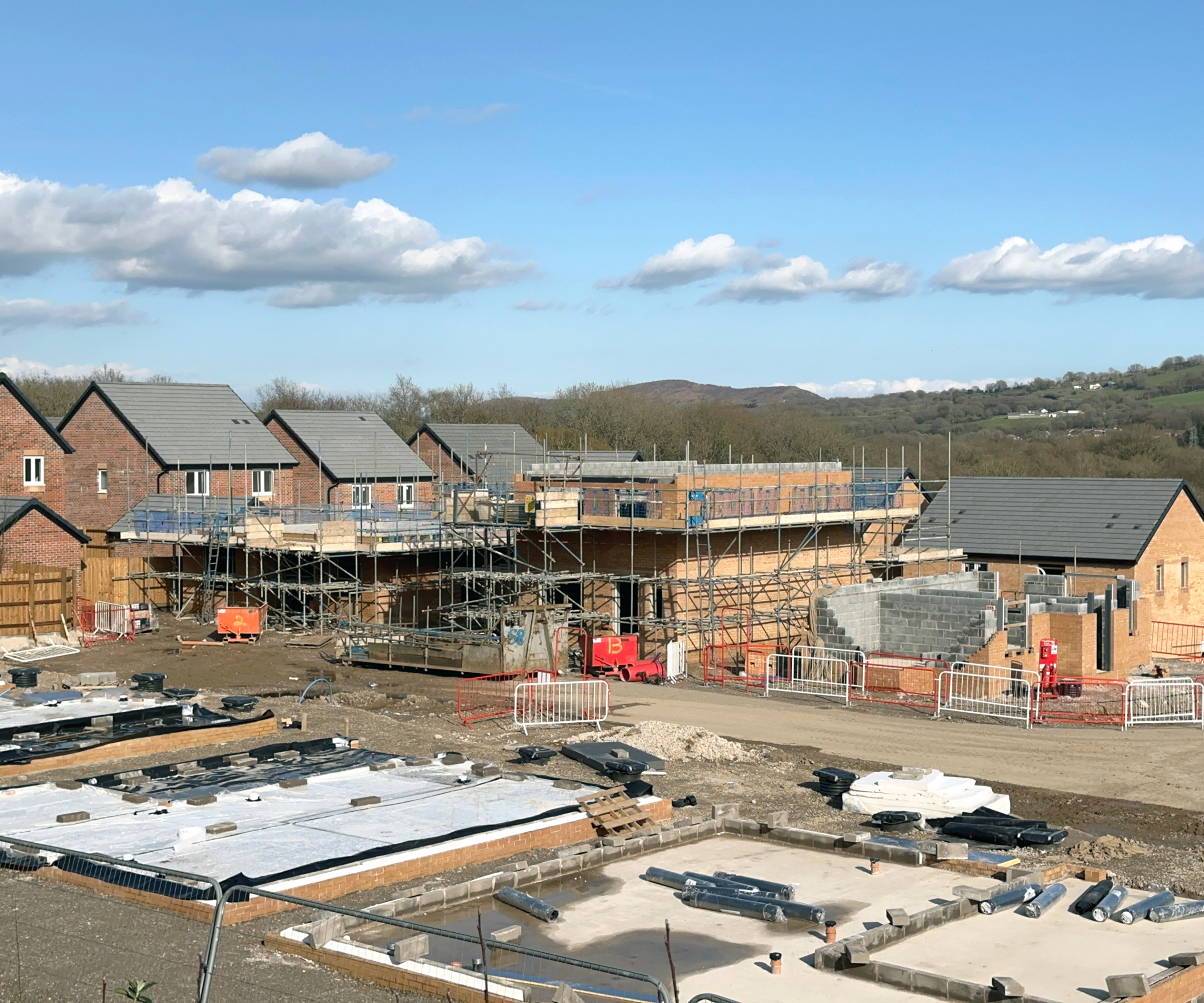Nature protections ‘not the problem’ — so why is the government rolling them back?
Critics question the efficacy of the proposed Nature Restoration Fund and the evidence base for the Planning and Infrastructure Bill's environmental provisions

Bring your dream home to life with expert advice, how to guides and design inspiration. Sign up for our newsletter and get two free tickets to a Homebuilding & Renovating Show near you.
You are now subscribed
Your newsletter sign-up was successful
The UK government's Planning & Infrastructure Bill aims to expedite housing and infrastructure projects by streamlining environmental regulations.
Central to the bill is the establishment of a Nature Restoration Fund (NRF), allowing developers to offset environmental obligations through financial contributions.
While the government asserts that these latest planning reforms will support development without compromising environmental standards, critics express concerns about the potential weakening of ecological protections and the lack of robust evidence supporting the bill's assumptions.
The Nature Restoration Fund: A controversial tool?
The NRF is designed to enable developers to fulfill certain environmental obligations by contributing to a centralised fund, which would finance strategic ecological improvements elsewhere.
This approach aims to replace the current system of project-specific environmental assessments and mitigations.
However, environmental organisations caution that this mechanism may lead to the degradation of local habitats.
Becky Pullinger, head of land use planning at The Wildlife Trusts, stated: "If implemented carefully, the Nature Restoration Fund offers a valuable opportunity for the UK Government to address some environmental impacts of development whilst also helping to drive nature’s recovery... but given the scale of the nature and climate crises, it needs to go further to ensure nature recovery is not left behind."
Bring your dream home to life with expert advice, how to guides and design inspiration. Sign up for our newsletter and get two free tickets to a Homebuilding & Renovating Show near you.
The Wildlife Trusts advocate for stronger safeguards within the bill to prevent the NRF from becoming a "get out of jail free card" for developers, emphasising the need for immediate action to protect vulnerable species and habitats.
Questioning the evidence base

The government's impact assessment acknowledges limited data on how biodiversity obligations affect development timelines.
Specifically, it notes: "There is very limited data on how environmental obligations affect development... This makes reaching a robust estimate of the impacts associated with the NRF... very challenging."
This admission has raised concerns among environmental professionals. The Chartered Institute of Ecology and Environmental Management (CIEEM) commented: "The proposed Bill... threatens to cause unnecessary and irreparable ecological harm while simultaneously imposing additional costs, uncertainty and delays on developers due to the uncertainty around the nature and scope of the proposed Environmental Delivery Plans."
These Environmental Delivery Plans (EDPs), to be developed by Natural England or another designated body, are intended to outline standardised mitigation measures.
However, the lack of detailed information on their implementation has led to calls for greater clarity and evidence-based policymaking.
Legal and democratic implications
The bill's provisions have also prompted legal challenges.
Wild Justice, a legal campaign group, has threatened judicial review, arguing that the bill undermines existing environmental protections. They contend that allowing developers to pay into the NRF instead of conducting site-specific assessments could endanger protected sites.
Furthermore, concerns have been raised about the bill's impact on public participation in planning decisions. Clause 47 states that "no person is to have a right to be heard at an examination" on Spatial Development Strategies, which The Wildlife Trusts argue diminishes democratic oversight.
The Planning & Infrastructure Bill is still in the committee stage and has not yet been ratified.

News Editor Joseph has previously written for Today’s Media and Chambers & Partners, focusing on news for conveyancers and industry professionals. Joseph has just started his own self build project, building his own home on his family’s farm with planning permission for a timber frame, three-bedroom house in a one-acre field. The foundation work has already begun and he hopes to have the home built in the next year. Prior to this he renovated his family's home as well as doing several DIY projects, including installing a shower, building sheds, and livestock fences and shelters for the farm’s animals. Outside of homebuilding, Joseph loves rugby and has written for Rugby World, the world’s largest rugby magazine.
